On September 16, 2024, Sean "Diddy" Combs was arrested in New York, charged in connection with an ongoing federal investigation related to sex trafficking. While Diddy has pleaded not guilty and was denied bail, the legal proceedings have sparked intense public scrutiny. As fans and critics alike revisit his past, one particularly striking detail has resurfaced: Diddy's back tattoo. This tattoo, depicting the Black Madonna, has drawn significant attention, with many now speculating about its deeper meaning and connection to the recent allegations.
The Arrest and Allegations
Diddy's arrest has shocked the entertainment world, with federal authorities alleging his involvement in sex trafficking and other serious crimes. According to the indictment, Diddy is accused of coercing, abusing, and threatening victims to protect his reputation and conceal his conduct over the course of several years, dating back to at least 2008. The charges have unleashed a wave of public backlash, and many are now examining his actions and public persona more closely than ever before.
The Tattoo: A Symbol of Protection or Irony?
In 2017, Diddy revealed a large back tattoo of the Black Madonna, created by renowned tattoo artist Nikko Hurtado. At the time, he proudly shared the new ink on social media, captioning it, “I got the front, and she got my BACK!!!” To many, this tattoo initially appeared to be a personal and spiritual expression. However, with recent allegations against Diddy coming to light, fans and observers are now reconsidering the tattoo’s symbolism.
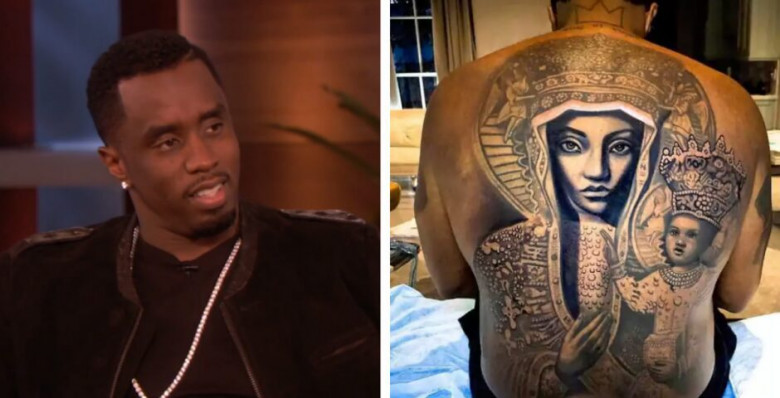
The Black Madonna, an iconic religious figure, has profound spiritual significance. Some believe Diddy's tattoo is inspired by Ezili Dantor, a powerful Haitian voodoo spirit associated with love, motherhood, and protection—particularly for women and children. Ezili Dantor is revered for her role as a fierce defender of women’s rights, and she is known to unleash her wrath when injustice is done to them. During the 1980s and 1990s, she became a popular symbol among single mothers in Haiti and the Dominican Republic, embodying strength, resilience, and protection.
A Symbolic Backlash
Given Ezili Dantor's association with fierce protection of women, many are now questioning the appropriateness of Diddy's tattoo in light of the charges against him. Social media users have been quick to point out the irony of a man accused of harming women bearing the image of a spirit known for her intolerance toward such behavior.
One post on X (formerly Twitter) captured the sentiment: "That's wild he would put that on his back considering she don't play about women and children." Another comment echoed this, stating, "And she won’t ever protect you if you’re at fault.” The idea that Ezili Dantor would not only refuse to protect but actively turn against those who harm women adds a layer of poetic justice to the narrative, fueling speculation that the tattoo could now be seen as symbolic of Diddy’s potential downfall.
Other Interpretations of the Tattoo
Despite the growing speculation, it's important to note that the tattoo may carry a more personal and less ominous meaning. When Nikko Hurtado first shared his thoughts on the tattoo, he emphasized the collaborative effort behind the design. In a heartfelt post, the artist expressed gratitude to Diddy for allowing him the opportunity to create such an intricate and meaningful piece, describing the experience as one he would "carry forever."
For Diddy, the tattoo may have been intended as a symbol of divine protection, a representation of spirituality, or even a tribute to strong women in his life. At the time, it seemed to reflect a positive, empowering message. However, as with many things, context can dramatically shift perceptions. The looming allegations now cast a shadow over this once-revered piece of body art.
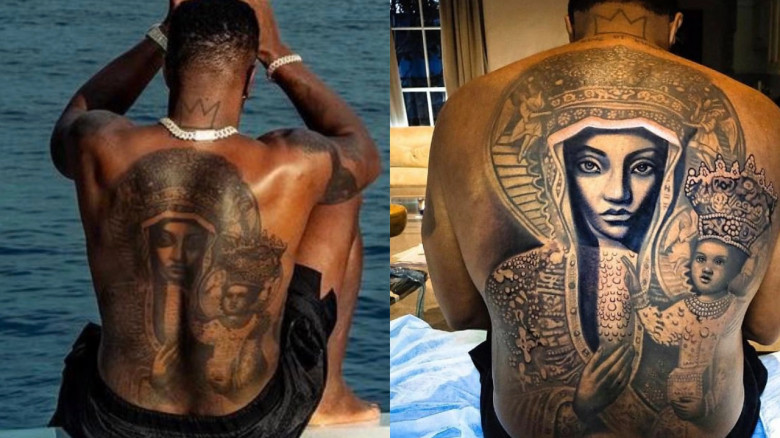
The Intersection of Art, Identity, and Consequence
The discourse surrounding Diddy's tattoo underscores a broader theme of how art, particularly tattoos, can be reinterpreted in light of personal behavior. What once seemed like a declaration of protection and strength may now, in the eyes of the public, represent irony or hypocrisy. As more details emerge about the investigation and Diddy's role in it, the tattoo will likely continue to be a point of discussion.
Ultimately, whether or not the tattoo is connected to the allegations on a symbolic level, it serves as a reminder of how public figures are often held to account not just for their actions but for the messages they choose to wear—literally and figuratively—on their skin.
Diddy's arrest and the subsequent re-examination of his past actions have brought new attention to the symbolism behind his Black Madonna tattoo. While fans and critics debate whether the tattoo represents irony, protection, or something else entirely, it is clear that the public’s interpretation of Diddy’s image has been irreversibly altered. As the legal case unfolds, so too will the meaning and significance of his once-celebrated tattoo.
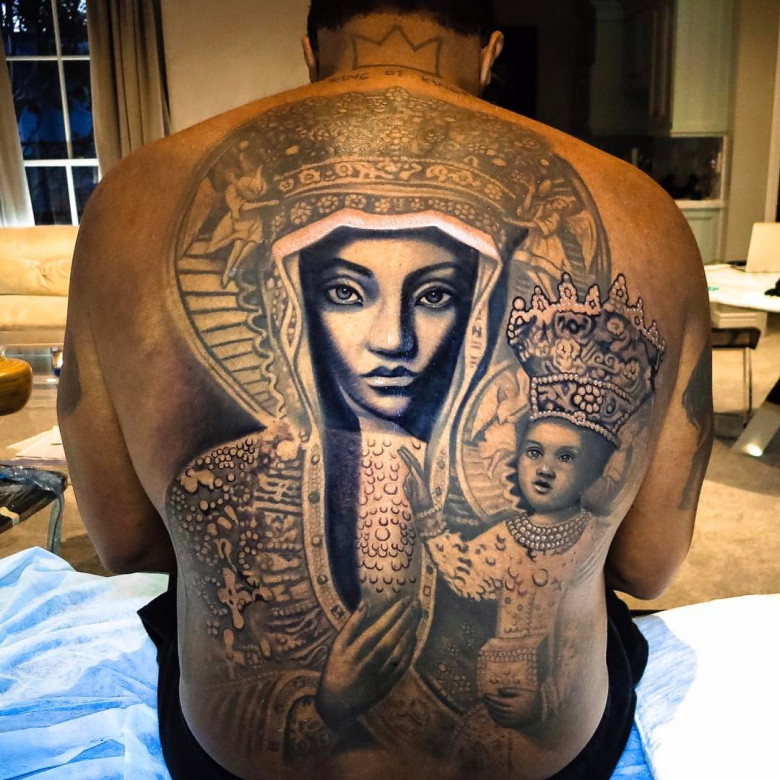


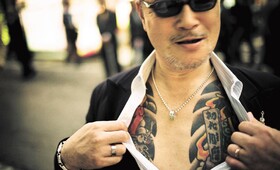
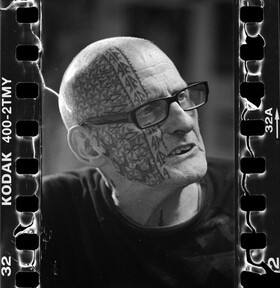

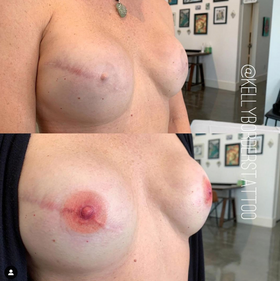
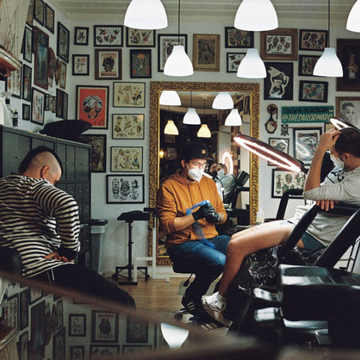
comments (0)